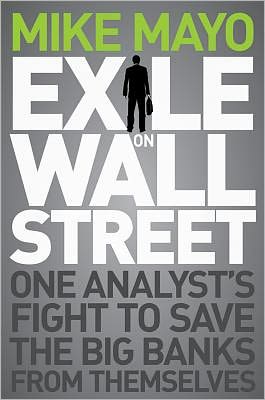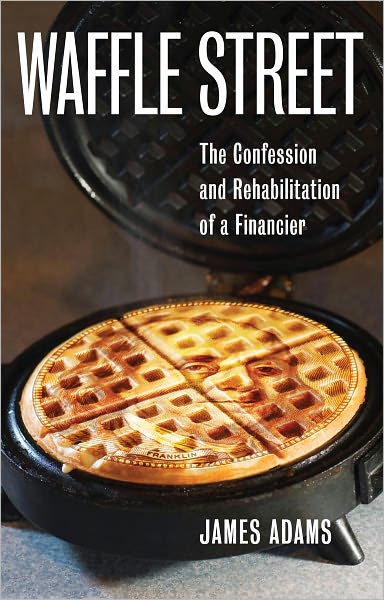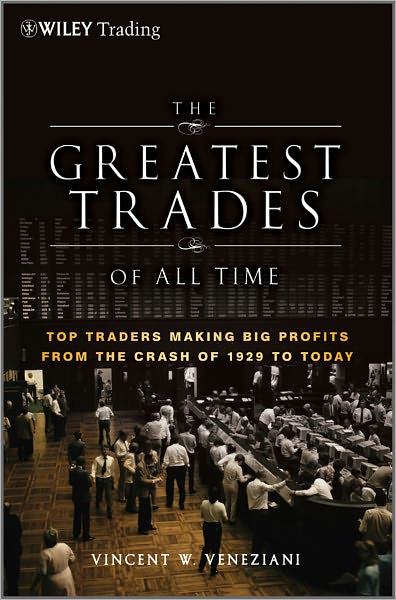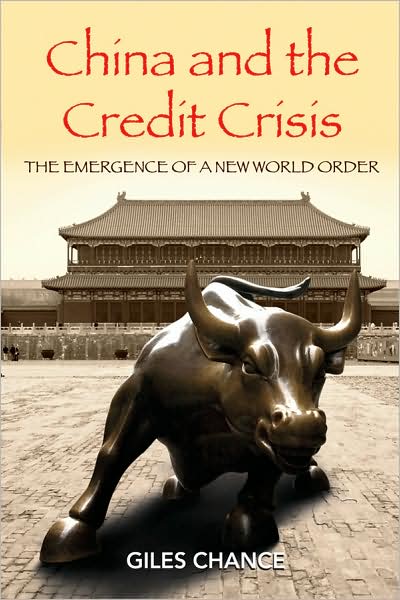At the Cato Institute’s 29th Annual Monetary Conference (II)
PANEL 1: RETHINKING THE GLOBAL FIAT MONEY SYSTEM
Moderator: Mary Anastasia O’Grady
Member, Editorial Board, Wall Street Journal
Comments that the Fed buying MBS reminds her of the Latin American countries that she covers.
Benn Steil
Director of International Economics
Council on Foreign Relations
Central bankers as Churchillian war leaders, rather than dull technocrats.
Y = C + I + G? Economists treat C, I, and G as easy substitutes but they have different effects over time.
Krugman advocated creating a housing bubble, to replace the NASDAQ bubble.? (DM: They are trying to create new bubbles now via QE.)
Sweden and Australian central banks sold foreign assets to buy dollars and euros during their financial crises.
Central banking effective when governments can borrow near the policy rate of the central bank w/a tight correlation.? Implies that the ECB is no longer an effective CB for the fringe.
Central Bankers not particularly effective with fiscal policy.
Can Central Banks act without capital?? Will German taxpayers recapitalize the ECB? Doubtful.
On the Fed:
If the Fed got into trouble (negative net worth), the Treasury would back up, recapitalize it.
Suggests that the Fed should exchange MBS with the US Treasury for Treasuries.? Suggests that MBS will produce significant losses.
George Melloan
Former Deputy Editor, Wall Street Journal
Jokes about what a nickel could buy during the (big Baby Ruth bar) Depression and now (a jellybean).
Talks about post-WWII monetary policy in Britain, and how British Socialism led them astray.? War in Vietnam did much the same thing in the US, leading Nixon to end Bretton Woods.
Dollar’s primacy increasingly questioned.
Inflation coming as the Fed creates credit to fund the US government.
Doubts that multilateral currencies like the SDRs of the IMF would work. The Euro proves that.
The US needs monetary reform, but we might need to fail before that comes.? Gold, bitcoins, scrips, barter if things break down.? Fiat currencies are liquid, barter is inefficient.
If the US dollar goes, a lot else will go down as well. (DM: think about Chinese banks.)
Gerald P. O?Driscoll Jr.
Senior Fellow, Cato Institute
Gold standards can be done if the currencies reflect the fair values of the currencies.? I.e. France made its currency too cheap post-WWI, and Britain too expensive.
Gold standards are not always associated with deflationary periods with low growth.
No monetary system survives big wars.
Nixon went off the gold standard when the CPI was at a high 4.2%.? Monetary policy run by the seat of the pants then.
Argues that classical liberalism requires a gold standard.
Q&A
Fiat currencies even larger proportionately in Africa.? Give seniorage as foreign aid to Africa?
O’Driscoll: dollarization is faux gold.? Gold would be better.? Seniorage can’t be given away.? We need it.
Steil: Helps the African countries get along fine.? Dollarization of Panama has not hurt them; they know the US won’t send help.
O’Grady: Argentines tried to find a way to use US Dollars, but wanted seniorage, thus but devalued instead.
Question to Steil on Operation Twist, duration risk to Fed?
Steil: Operation Twist worked for several nations.? 40 bp move would wipe out Fed capital.? ECB purchases of PIIGS debt an alternative to Eurobonds, bailouts, etc.
Isn’t fractional reserve lending the problem?
O’Driscoll: leverage would come from other sources.? MMMFs?
Melloan: Politicization of monetary policy is the problem.
DM: misses the concept that asset-liability mismatches with leverage produces failures.
O’Grady: Wouldn’t a single mandate solve things?
All of the panel expressed doubts on this point.? The Fed needs it to hide, but they would find other ways to do it.







